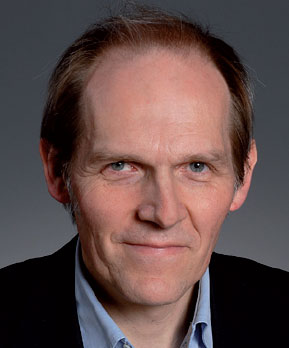Molecular Cardiology

Heart failure, the clinical syndrome of end-stage cardiac disease of diverse etiologies, is a major cause of morbidity and mortality. In evolving heart failure, multiple compensatory actions are triggered in order to maintain cardiac output, among which is activation of the sympathetic nervous system, the renin-angiotensin system, as well as a number of autocrine/paracrine factors synthesized in myocardial tissue. These compensatory actions also reflect in alterations of cardiac structure, collectively called cardiac remodeling. The most important structural alterations are cardiac myocyte hypertrophy and myocardial fibrosis. Although cardiac remodeling may initially balance loss of contractile force, the continuum of these structural alterations often feeds into vicious circles leading to progression of cardiac dysfunction. Despite substantial new insights into the mechanisms of myocardial hypertrophy and fibrosis, many of the nodal points that orchestrate these structural alterations still remain to be identified. Thus, an important focus of our research group is to unravel the signal transduction mechanisms that generate the dysfunctional signals leading to pathologic remodeling and progression of heart failure. Another important conceptual approach is that of delineating mechanisms that either increases or decreases the tolerance of cardiac myocytes to hypoxia or free oxygen radical injury, i.e. potential mediators of cardiac myocyte damage in evolving heart failure. The purpose of these investigations is to provide new knowledge of disease mechanisms, enabling development of novel pharmacological interventions for heart failure.
